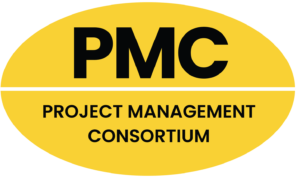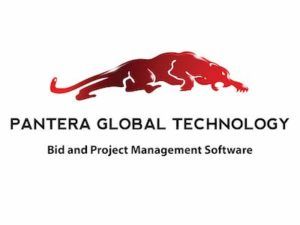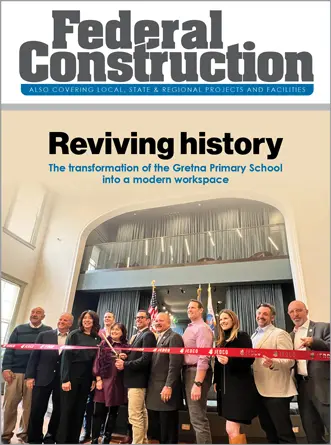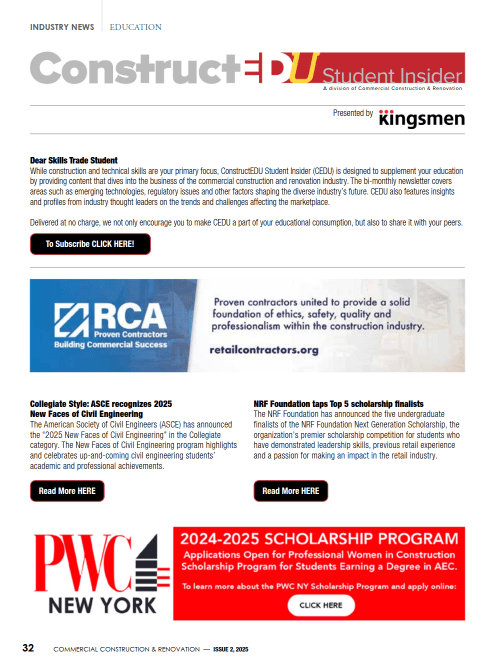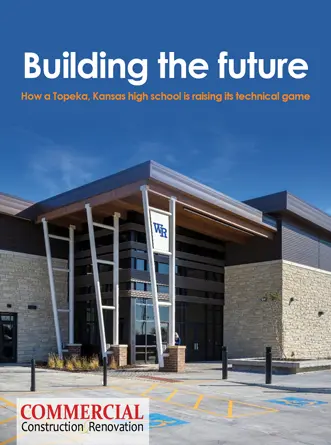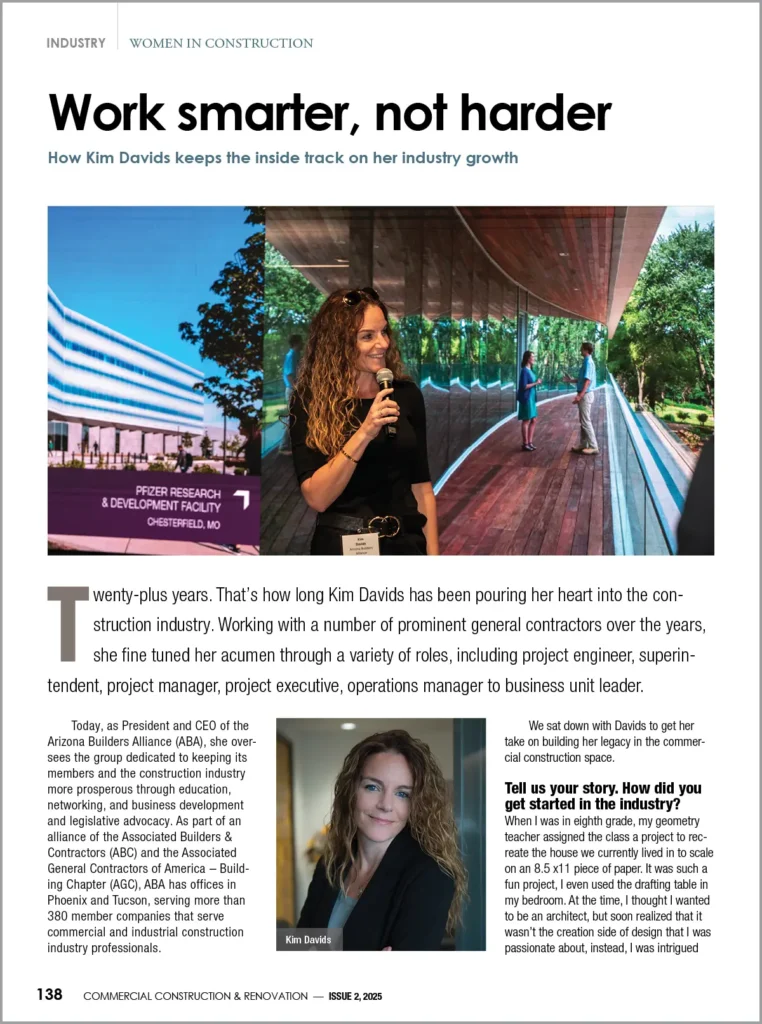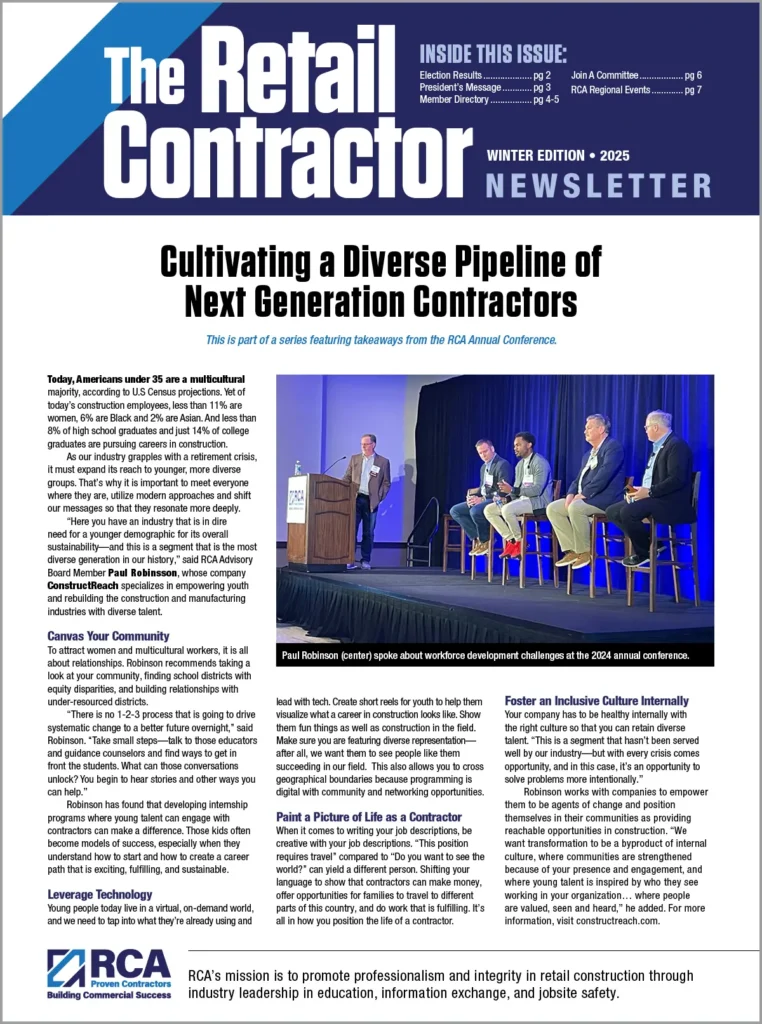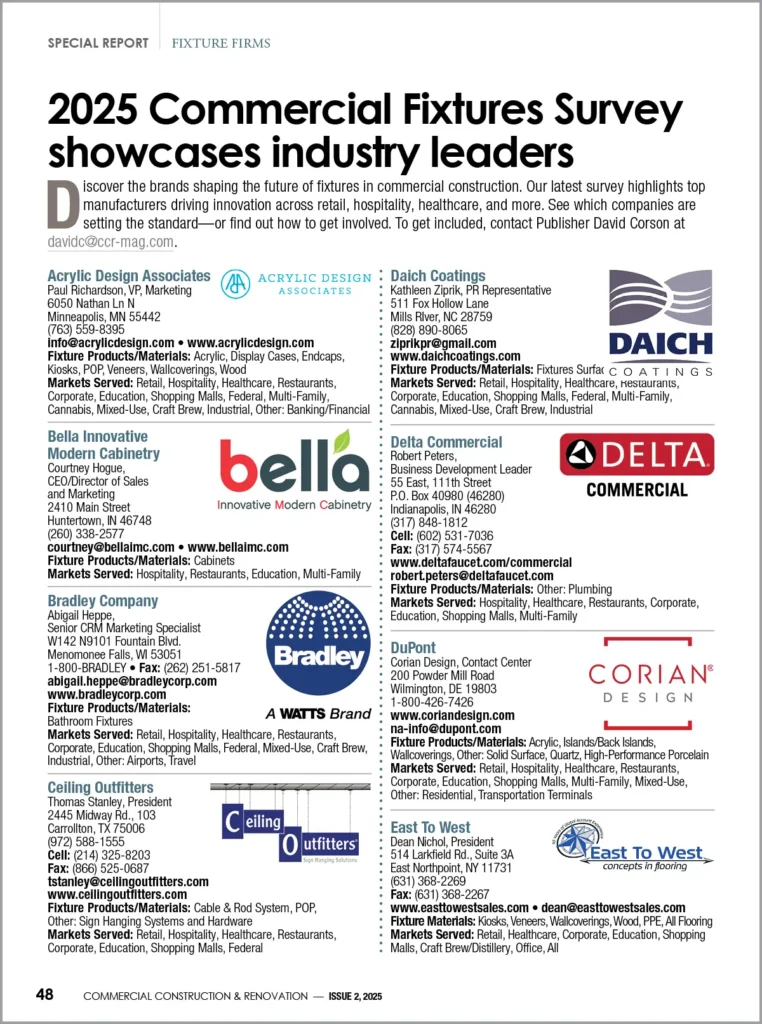Surprisingly, construction management involves various services through the project phases of construction planning, designing, implementation, and tasking to finish the project objectives, such as quality management, time, cost, and scope. Projects are challenging, with countless construction management processes in various project phases.
There is a complicated relationship among multiple stakeholders -the top management teams, designers, construction managers, planners, contractors, suppliers, and site employees to be handled throughout the various phases of the project. The key aspects that we will discuss are as follows.
- Project Initiation and Setting Scope for Construction
This is one of the most critical phases of the project where the achievability to execute the construction projects is investigated. It is essential to agree on the scope of work to be performed, have transparency on the most suitable construction project management processes to be embraced throughout the project lifecycle, and make sure that all the stakeholders are aware of these decisions.
The decision-making procedures include a comprehensive construction project planning exercise, and one got to ensure that the individual people’s involvement in setting the strategies right. The communication strategy between the top management and the various stakeholders in the construction phases is overlooked due to the traditional project setup, which fully manages workflow.
- Thorough Planning and Scheduling
Any construction project that starts with devising a complicated construction phase plan forming the high-level targets for the teams to finish the project within the planned budget, scope, and cost. Even with comprehensive construction phase plans being all set by the project’s masterminds, most of them fall back due to several challenges and intricacies, relying on the scale of the project.
These stats reiterate that undertakings tend to have difficulty dealing with scope, cost, and agenda overruns even with meticulous construction planning practices.
- Efficient Project Monitoring and Reporting
Once you plan projects thoroughly and the implementation at the site kicks off, the next most important task for every stakeholder on the project is to remain on track with the schedule. We measure the advancement and the status of the work by observing the job done, and the people executing the tasks can generate construction reports. The reporting procedures, frequencies, mode of reporting, and required documents are all well designed in advance to offer to top management.
This may seem fine to you. But have you ever given a thought on how much time is wasted at the construction sites creating manual reports such as progress reports on a daily basis, site diaries, and updating spreadsheets, leading you to generating several reports for every single project? Isn’t it tiring? The team has so much manual reporting- filling checklists, attendance forms, pour cards, and the list. This gets handed to the manager, organizing the monthly reports to submit to the top management.
Conclusion
The construction industry is undergoing a massive technological transformation, enabling it to meet their respective goals and achieve success. If you’re a construction business owner and planning to adopt new technologies, it’s high time that you make your move now. Achieve your business goals with the best project management software and stay consistent in the competitive market.
Author Bio: Ed Williams is the Senior Team Lead at ProjectPro, an integrated construction accounting software. He holds a massive industry experience and is a Microsoft Dynamics expert who is focused on successful implementations. He is a visionary leader and always aims to deliver the best to the construction and project-oriented industries.









